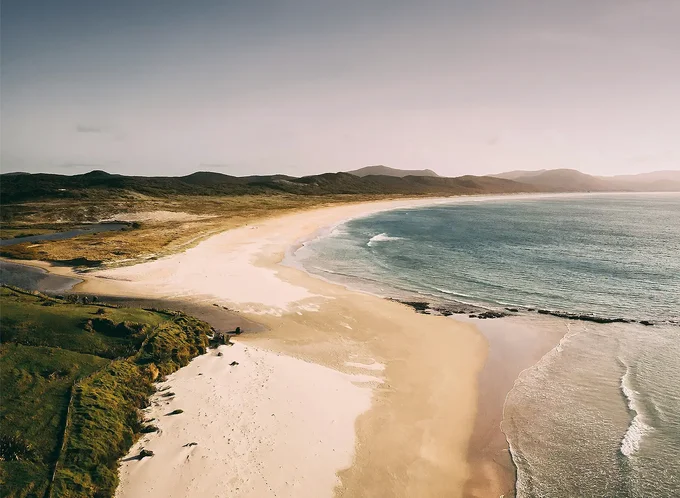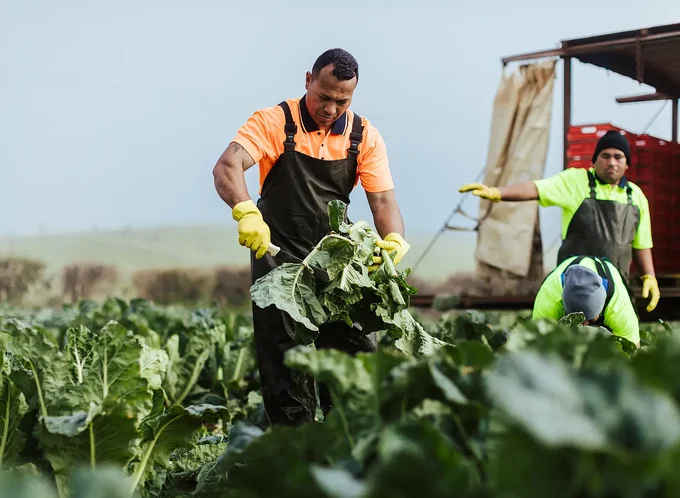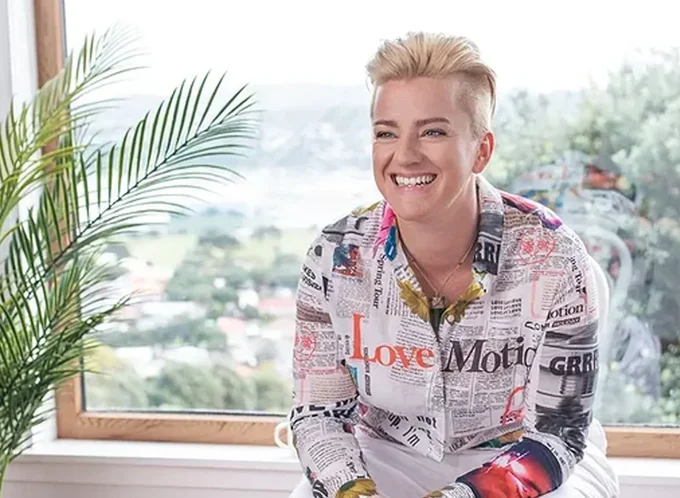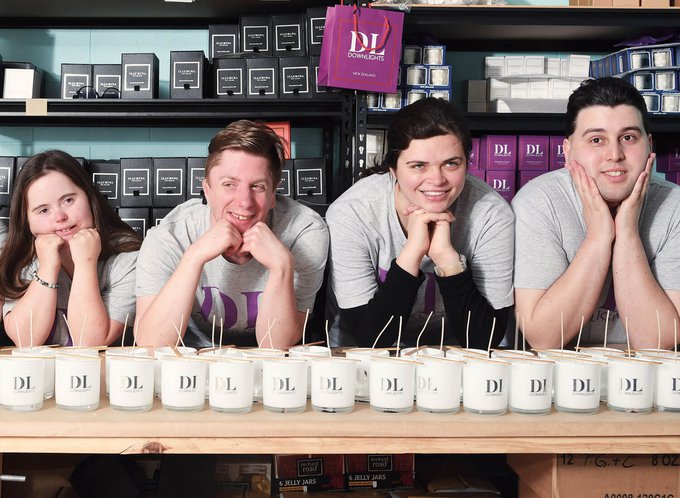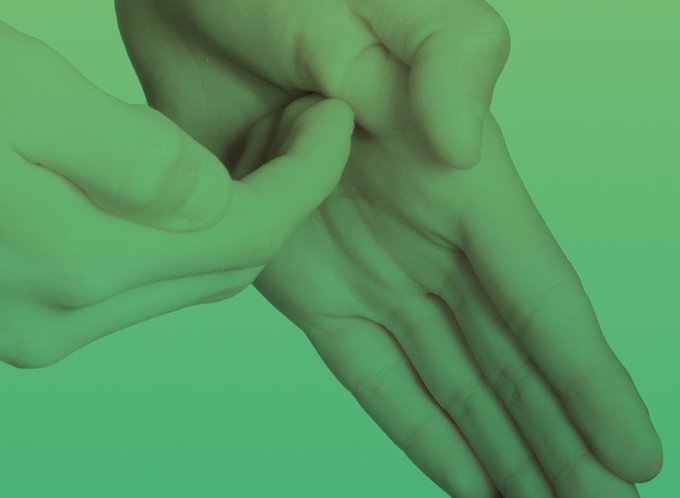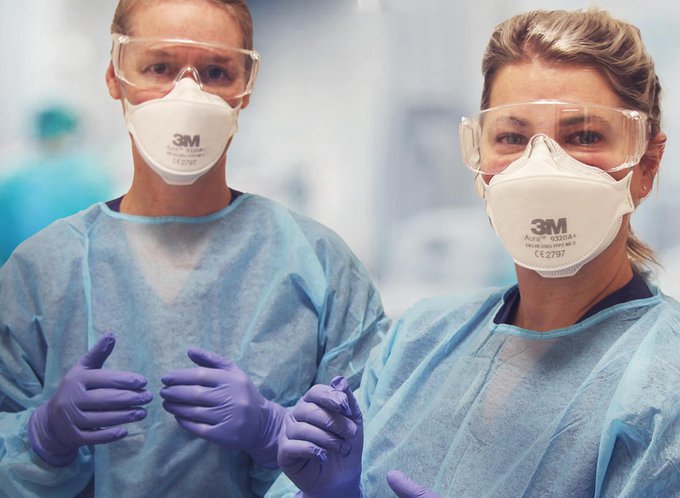While some young people look up to actors, musicians or sports stars, one of Tom Tamaira’s childhood heroes was Apple co-founder Steve Wozniak. These days, the MAS Here for Good Scholarship winner is a tech entrepreneur himself, and his goal is to encourage more Māori rangatahi into computer science and engineering fields.
Tom Tamaira (Ngāti Tūwharetoa) says his first foray into electrical engineering might have been a shock, but it helped to set him on the path to his future career. “I had always been interested in electrics, even as a young kid. I once decided to take apart an old Freeview box and have a play with the wires, and I ended up getting electrocuted! I was about 8 years old at the time. It’s quite funny looking back on it now, I think I was always going to go into a career that involved electronics and computers”.
In year 10 of high school, he developed DesignLab, a website design and software business that took off during Covid times, and now, the Auckland University Bachelor of Engineering student is planning on growing his startup into a tech consultancy firm. But in a world where Māori and Pasifika people are still a comparatively rare commodity in the computer science sector, he wants to do business differently.
“I want to develop a company that brings Māori tikanga (traditional practices and customs) to the forefront. This could be done by offering workshops that allow people to learn more about mātauranga Māori, (Māori knowledge) and finding ways to include and respect tikanga Māori within engineering principles".
Tom Tamaira
“I would one day love to create more opportunities for tauira by offering scholarships like MAS do to help them with their mahi, internships for students, and to offer support to other Māori-led businesses that need help integrating digital solutions within their organisation.”
Tom’s been involved with Auckland-based research association HERA, which offers Māori data sovereignty workshops and training on Māori culture and values, and it helped to show him some steps for incorporating tikanga Māori in business. But he believes it’s also about representation.
“If you look around at tech companies, you see mainly European people working there. I think it’s because the majority of people graduating with STEM [science, technology, engineering and maths] qualifications, especially in the computer science engineering space, tend to be of European or Asian descent. We’ve seen the recent push to encourage Māori young people into the sciences, but we need to support more Māori into engineering and tech careers across the board. Creating a business that helps to do this would be my ultimate goal”.
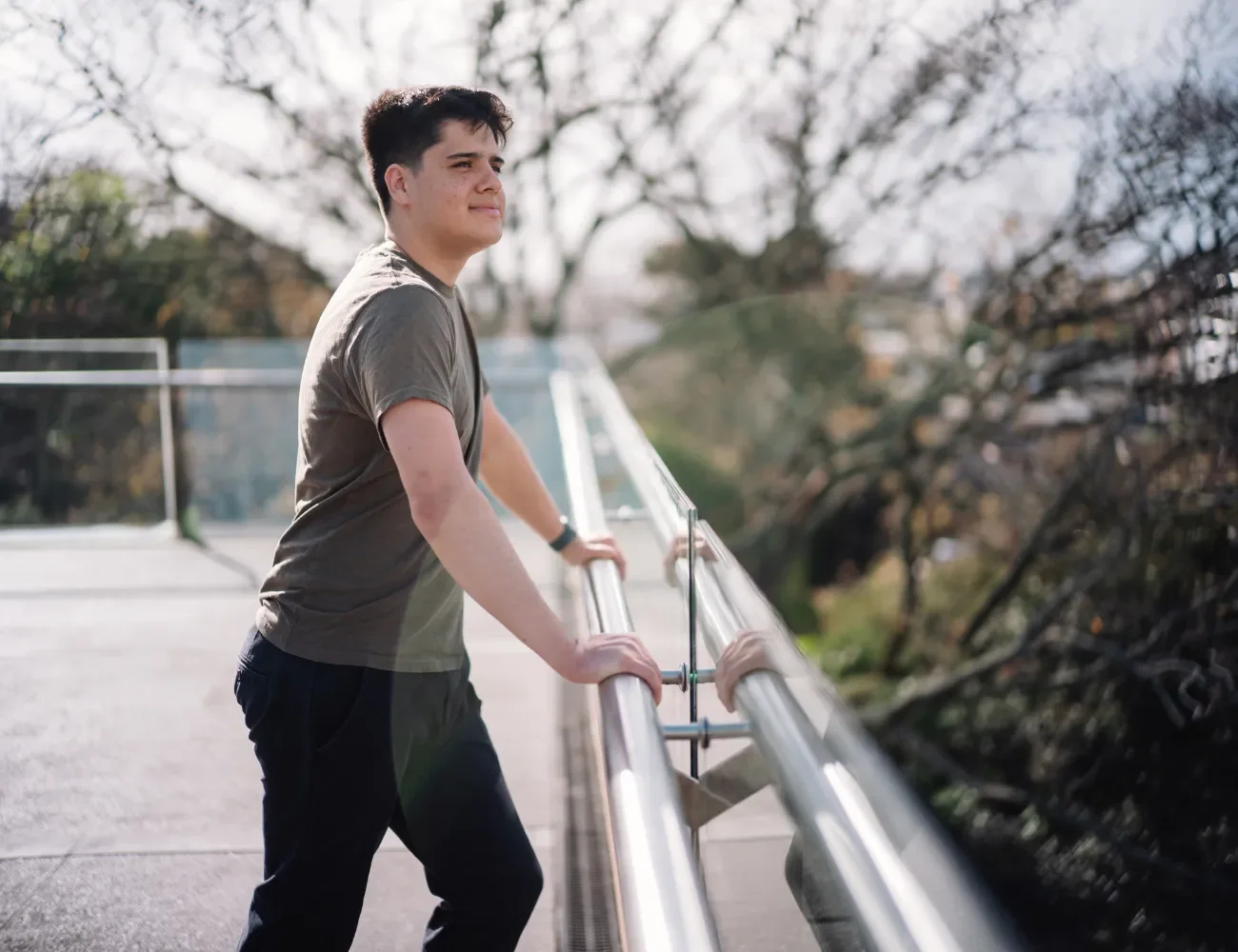
Photo: Mark Coote
Paying it forward
What we’re exposed to when we’re younger can often sow a seed for future interest, and for Tom, it was seeing a TED Talk in 2016 with former Apple boss Steve Wozniak that opened his eyes to entrepreneurship.
“I think that was the moment when I knew I wanted to form my own company. I sat there listening to Steve and thought, ‘Yes, that’s what I want to do!".
Tom Tamaira
"It wasn’t about creating Apple, although it would be incredible to do something like that, it was more around the prospect of forging my own path.”
He also credits Pūhoro, an indigenous STEMM (with an extra M for mātauranga Māori) academy for rangatahi Māori with lighting his trail into tech.
With Māori making up less than 5% of the STEM workforce, Pūhoro was established in 2016 to change this. Aimed at students from years 11 to 13, Pūhoro works with 2,500 rangatahi across Aotearoa New Zealand. It offers weekly tutoring sessions for extra support with STEM subjects, help with exam prep, and guidance for entering tertiary study in STEM-related courses.
Alongside tutoring, it offers twice-yearly wānanga with Pūhoro students from across the country, with a focus on building the connection between mātauranga Māori and STEM. Stats from the programme show students that come through Pūhoro are more likely to transition into tertiary study and have higher NCEA pass-rates compared with other Māori.
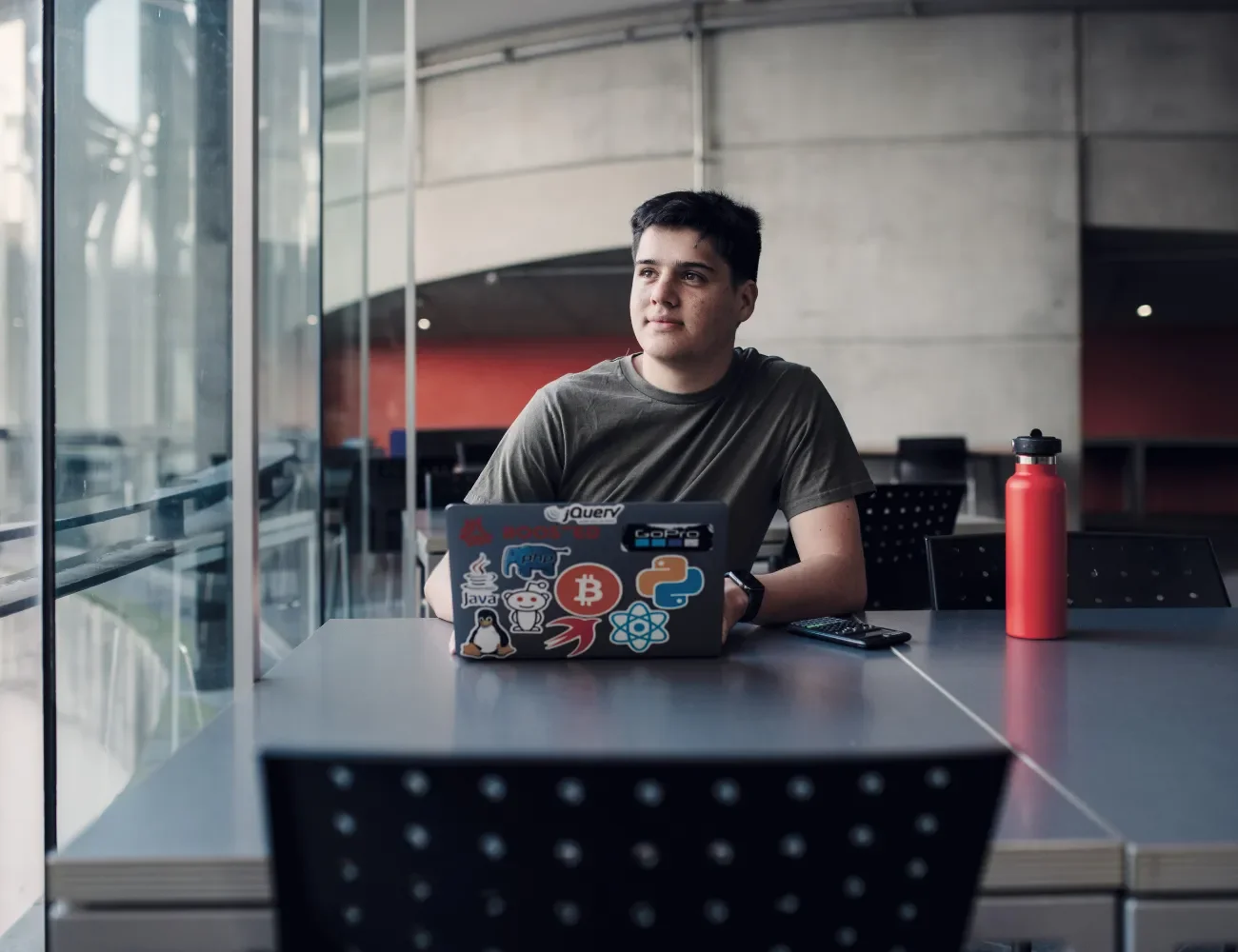
Photo: Mark Coote
“Pūhoro had a big impact on me at school,” Tom says. “It wasn’t just the tutoring, it was the Māori cultural aspect and the wānanga that were a real highlight. For me, growing up in a middle-class neighbourhood in Palmerston North with a European mum, I was disconnected from my culture, and it really helped to change that. Pūhoro is academic based, with tikanga and mātauranga Māori woven throughout the organisation, which makes it really special and engaging for rangatahi”.
Since starting university, Tom is still involved with Pūhoro around his second-year electrical engineering studies. Earlier this year, he received a MAS Here for Good Scholarship of $1,000 towards study and living costs for his volunteer work with wānanga.
“Hearing I’d received a scholarship was a pretty overwhelming moment. It’s great that MAS are so supportive, not just from the financial aspect but a belief in the kaupapa (philosophy) of Pūhoro and a belief in the mahi we do".
Tom Tamaira
While running a business and studying full-time means his days are usually busy, Tom says giving others a hand up through sharing his knowledge is important to him. “Pūhoro supported me, MAS supported me and I want to be able to pay it forward. I want to do all I can to help give the same opportunities to other students”.
Read this next
-
April 2024
Helping whānau rise in the Far North
-
April 2024
Taking the pulse of rural health communities
-
August 2024
Succession challenges
Greater good
See all-
March 2021
Candles for a cause
-
March 2021
Helping Kiwi babies thrive
-
March 2021
Creating a Deaf-inclusive Aotearoa
